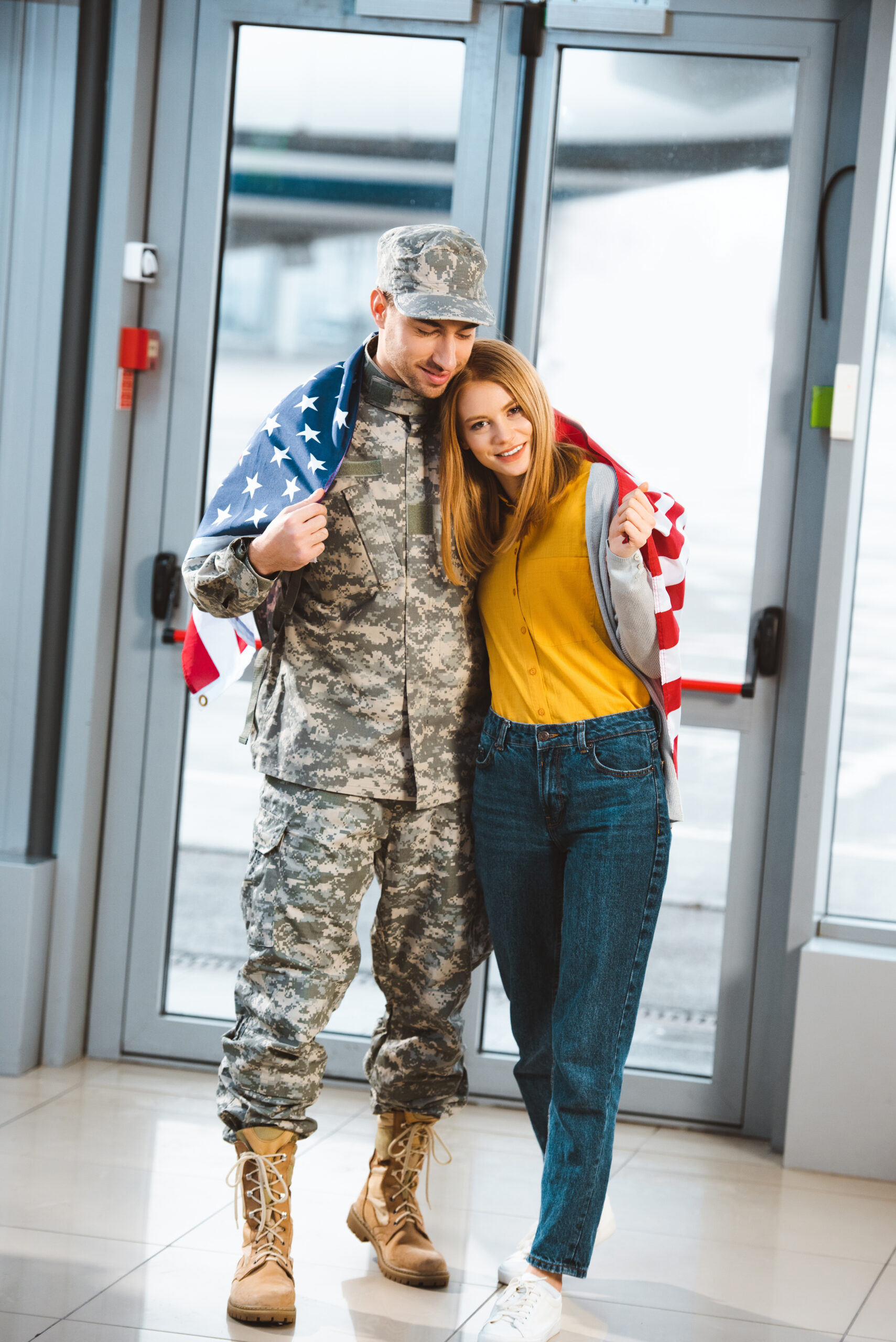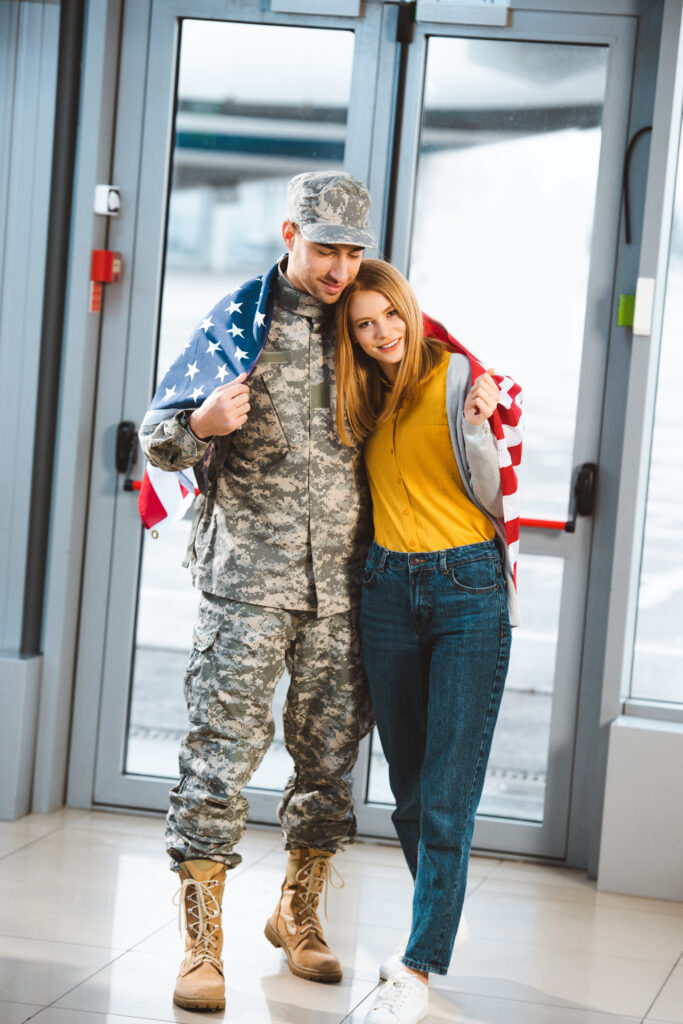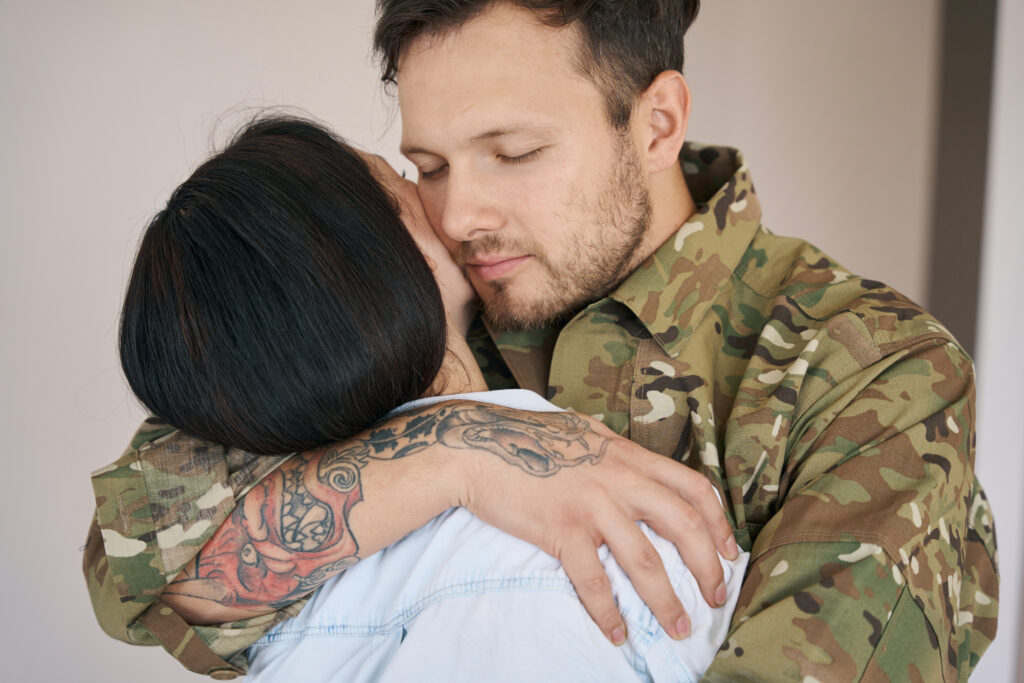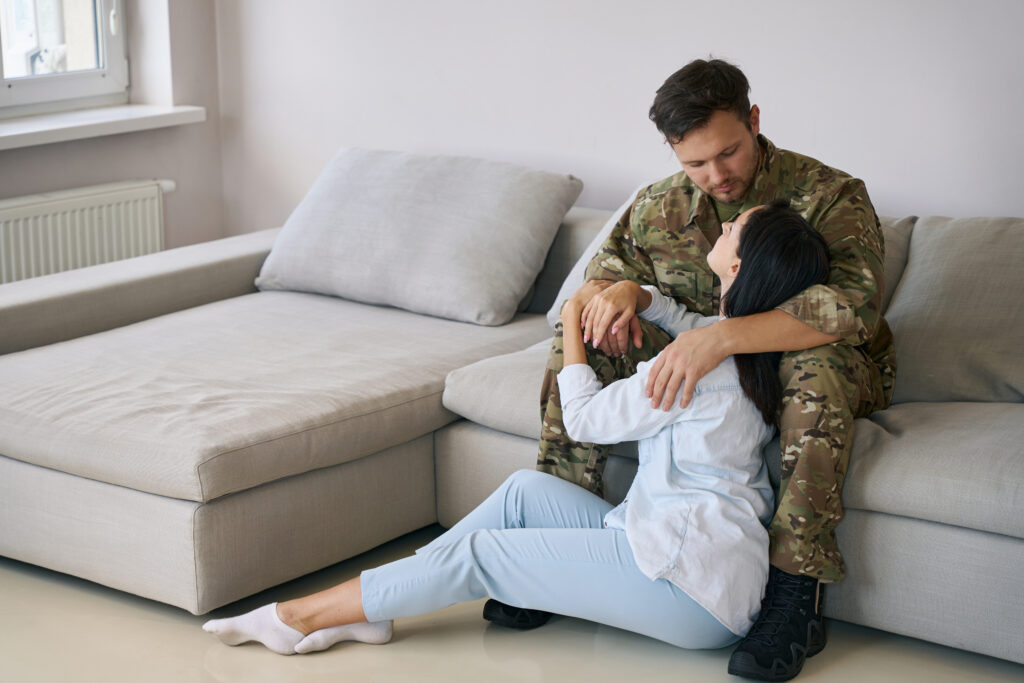Effective Ways Spouses Can Provide Emotional Support to First Responder Partners
3/6/2025 by Markie Bryant

Supporting a first responder partner can be both rewarding and challenging. First responders often face traumatic events that can significantly impact their mental health. Therefore, it is crucial for spouses to recognize the signs of trauma, establish effective communication techniques, and create a supportive environment. By understanding and addressing these challenges, spouses can provide the emotional support their first responder partners need to maintain good mental health and resilience.
Key Takeaways
- Recognizing early warning signs of trauma in first responders is crucial for timely intervention.
- Effective communication techniques, such as active listening and building trust, are essential for first responder couples.
- Creating a safe space for emotional expression helps in validating feelings and setting healthy boundaries.
- Building a supportive network with other spouses can provide comfort, validation, and shared experiences.
- Accessing professional help and promoting self-care are vital steps in supporting the mental health of first responders and their families.
Recognizing the Signs of Trauma in First Responders
Early Warning Signs
Identifying the early signs of trauma in first responders is paramount. Emergency personnel experience higher levels of depression, posttraumatic stress, and suicidal ideation than others. Early warning signs may include anxiety, withdrawal or detachment, depression, sleeplessness, or an inability to complete routine daily tasks. Recognizing these signs early can help in providing timely support and intervention.
Common Behavioral Changes
First responders may exhibit noticeable shifts in their moods or behavior due to the events on the job. These changes can include increased irritability, anger outbursts, or a general sense of hopelessness. Family members are often the first to pick up on these shifts and can play a crucial role in offering their support.
Emotional Symptoms to Watch For
Emotional symptoms of trauma in first responders can be subtle but significant. These may include feelings of guilt, shame, or overwhelming sadness. It’s important to explore practical coping strategies for managing these emotional symptoms to support first responders in their journey toward recovery and resilience.
The impact of trauma on first responder spouses and families should not be overlooked. The emotional and psychological distress experienced by spouses, as well as the effects on children, require appropriate support and intervention.
Effective Communication Techniques for First Responder Couples
Effective communication is the cornerstone of any strong relationship, especially for those supporting first responder partners. Building trust and honesty is essential. This involves being transparent about feelings and experiences, even when it’s difficult. Trust is built over time through consistent and reliable actions.
Building Trust and Honesty
- Be transparent about your feelings and experiences.
- Consistently show reliability through your actions.
- Avoid blame and focus on resolving issues respectfully.
Active Listening Skills
Active listening is crucial in understanding your partner’s needs and concerns. This means fully concentrating, understanding, and responding thoughtfully. Here are some tips:
- Maintain eye contact to show engagement.
- Avoid interrupting while your partner is speaking.
- Reflect back what you’ve heard to ensure understanding.
Non-Verbal Communication
Non-verbal cues can often speak louder than words. Pay attention to body language, facial expressions, and tone of voice. These can provide insight into your partner’s emotional state and help you respond more empathetically.
The ever-present demands of the job can make it feel like the relationship comes second. By being aware of these potential pitfalls, couples can take proactive steps to strengthen their bond.
Remember, disagreements are inevitable, but how you fight matters. Focus on resolving the issue at hand, not on blaming or name-calling. Communicate respectfully and try to understand each other’s perspectives.
Creating a Safe Space for Emotional Expression

Encouraging Open Dialogue
Creating a safe and supportive environment involves establishing a calm atmosphere, respecting personal space, and employing non-threatening body language. By ensuring safety, caregivers lay the foundation for open dialogue. Partners should practice empathy, making eye contact, and using a gentle tone of voice to encourage their first responder partners to share their thoughts and feelings more openly.
Validating Their Feelings
Empathy is crucial in validating the feelings of first responders. A lack of empathy can lead to poor communication, misunderstandings, and hurt feelings. By practicing empathy in our relationships, we can create a safe and supportive space for open and honest communication, leading to deeper emotional connections and a more fulfilling partnership.
Setting Boundaries for Healthy Discussions
The emotional weight of the job can make open communication challenging. Partners may misinterpret silence or withdrawal, leading to misunderstandings and resentment. It’s essential to find healthy ways to communicate, acknowledging the challenges of the job while still creating space for emotional connection. Setting boundaries for discussions can help ensure that conversations remain productive and respectful.
Building a Supportive Network with Other Spouses
One of the most valuable resources for first responder spouses is the support of others who are going through similar experiences. Connecting with other spouses can provide a sense of community and understanding. It allows individuals to share their challenges, exchange coping strategies, and find solace in knowing that they are not alone.
Accessing Professional Help and Resources
Counseling and Therapy Options
Accessing professional help, such as counseling and therapy, is essential for first responder spouses who are experiencing trauma. These services can provide a safe and confidential space for individuals to process their emotions, develop coping strategies, and work towards healing. It is important for them to know that seeking professional help is not a sign of weakness, but rather a proactive step towards their own well-being.
Finding Specialized Support Services
There are numerous specialized support services available for first responders and their families. For instance, Responder Strong offers support for all emergency responders and their families, including referrals, self-help tools, and educational resources. Bulletproof lets first responders access a variety of mental health resources tailored to their unique needs.
Utilizing Employee Assistance Programs
Many organizations provide Employee Assistance Programs (EAPs) that offer a range of services, including non-medical counseling, specialty consultations, and peer-to-peer support. These programs are designed to help employees and their families manage personal and work-related issues effectively.
Remember: Utilizing these resources is a step towards building resilience and ensuring the well-being of both the first responder and their spouse.
Promoting Self-Care and Resilience

Encouraging Personal Time
Prioritize self-care by making time for activities that bring joy and relaxation, whether it’s reading a book, taking a walk, or practicing mindfulness. Establishing routines can provide a sense of stability and control amidst the unpredictable nature of a first responder’s job.
Practicing Stress-Relief Activities
Engage in stress-reducing activities such as exercise, deep breathing, or meditation. These practices can help manage stress and improve overall well-being.
Fostering Physical Health
Maintaining physical health is crucial for building resilience. Encourage regular exercise, a balanced diet, and adequate sleep to support both physical and mental well-being.
In addition to seeking external support, practicing self-care is crucial for the well-being of first responder spouses. Prioritizing self-care by engaging in activities that bring joy and relaxation, seeking support from friends and family, establishing routines, practicing stress management techniques, and maintaining healthy boundaries can all contribute to their overall well-being.
Understanding the Impact of Trauma on Families
Trauma experienced by first responders not only affects them directly but also has a profound impact on their spouses and families. Recognizing the impact of trauma on spouses and families is crucial for providing appropriate support and intervention. By acknowledging and addressing the secondary trauma experienced by spouses, we can help them navigate their own emotions and find ways to cope with the challenges they face.
Effects on Children
Children in first responder families are not immune to the impact of trauma either. They may witness the stress and worry experienced by their parents, and this can lead to changes in their behavior, difficulties in school, and increased anxiety. They may struggle to understand and process the emotions and events that their family is going through, which can further exacerbate their own emotional well-being.
Coping Strategies for Families
- Open Communication: Encourage family members to talk about their feelings and experiences.
- Professional Support: Seek counseling and therapy services tailored for families dealing with trauma.
- Educational Resources: Provide access to information on trauma and its effects to help family members understand what they are going through.
- Peer Support Groups: Join groups where families can share their experiences and support each other.
Seeking Family Counseling
Providing resources and support tailored specifically for spouses and families can make a significant difference in their well-being. This can include access to counseling and therapy services, peer support groups, and educational resources on trauma and its effects. By equipping spouses and families with the tools and knowledge to navigate the impact of trauma, we can empower them to support their loved ones while also taking care of themselves.
Conclusion
Supporting a first responder partner is a journey that requires understanding, patience, and a strong commitment to fostering a healthy relationship. Spouses play a critical role in recognizing early signs of trauma and stress, providing emotional support, and encouraging their partners to seek professional help when needed. By building effective communication techniques, connecting with other spouses, and accessing available resources, spouses can create a supportive environment that promotes healing and resilience. Together, we can ensure that first responder families receive the care and understanding they deserve, allowing them to thrive both individually and as a unit.
Frequently Asked Questions
How can I recognize the early warning signs of trauma in my first responder partner?
Early warning signs of trauma in first responders can include changes in behavior, mood swings, irritability, and withdrawal from social activities. It’s important to be observant and note any significant changes.
What are some effective communication techniques for first responder couples?
Effective communication techniques include building trust and honesty, practicing active listening, and being mindful of non-verbal cues. These techniques help in creating a supportive and understanding environment.
How can I create a safe space for my first responder partner to express their emotions?
Creating a safe space involves encouraging open dialogue, validating their feelings, and setting boundaries for healthy discussions. This helps in making your partner feel heard and supported.
Why is it important to build a supportive network with other spouses of first responders?
Building a supportive network provides emotional support and understanding from others who are in similar situations. It can be beneficial to join support groups, connect through online communities, and organize social gatherings.
What professional help and resources are available for first responder spouses?
Professional help for first responder spouses includes counseling and therapy options, specialized support services, and employee assistance programs. These resources can provide essential support and guidance.
How can I promote self-care and resilience for my first responder partner?
Promoting self-care and resilience involves encouraging personal time, practicing stress-relief activities, and fostering physical health. These practices can help in maintaining overall well-being and mental health.